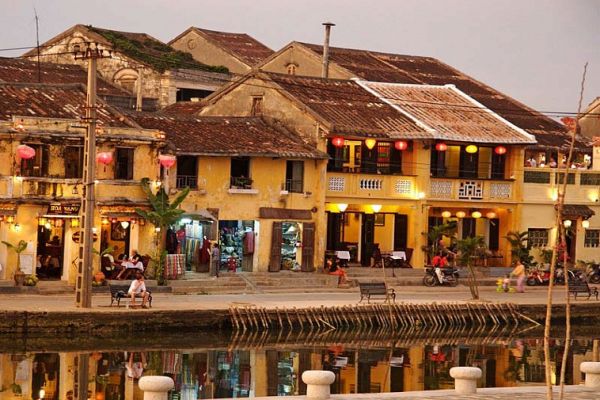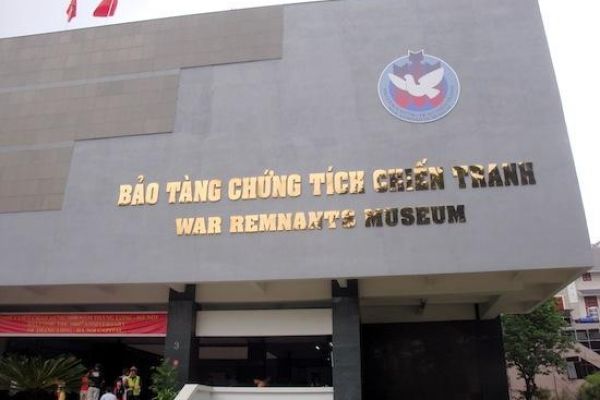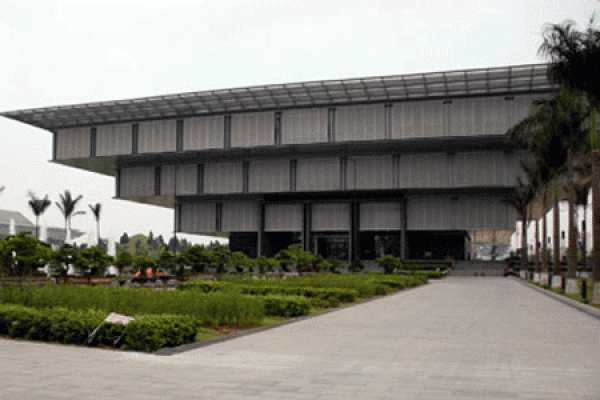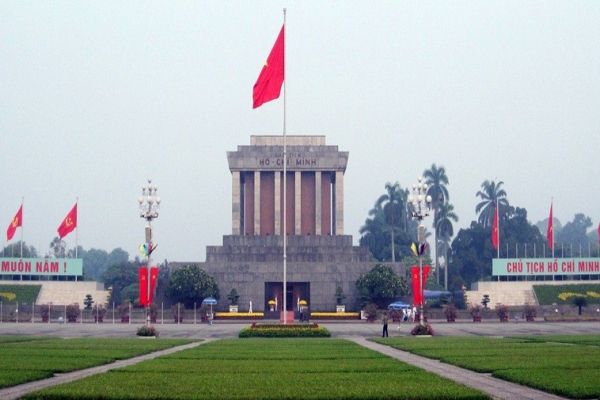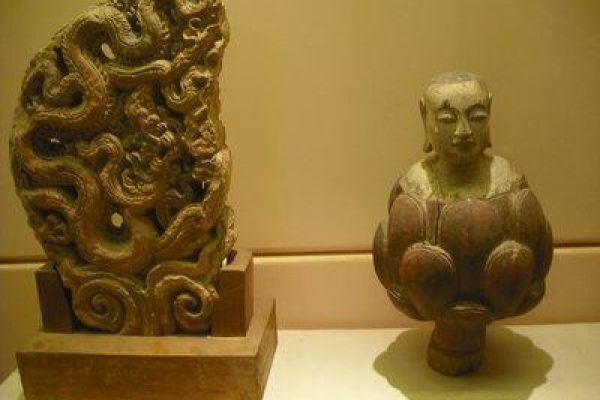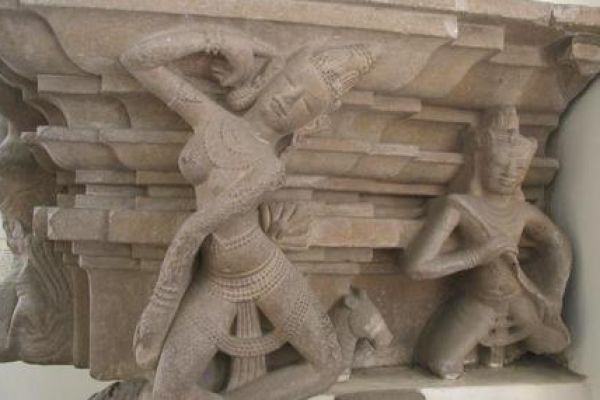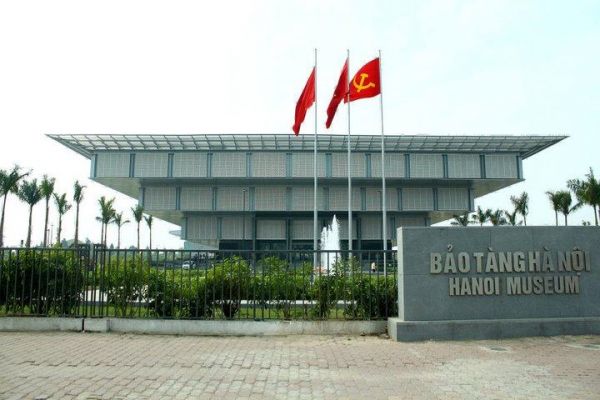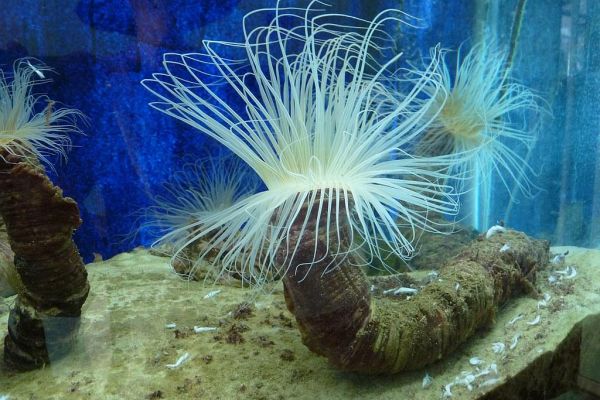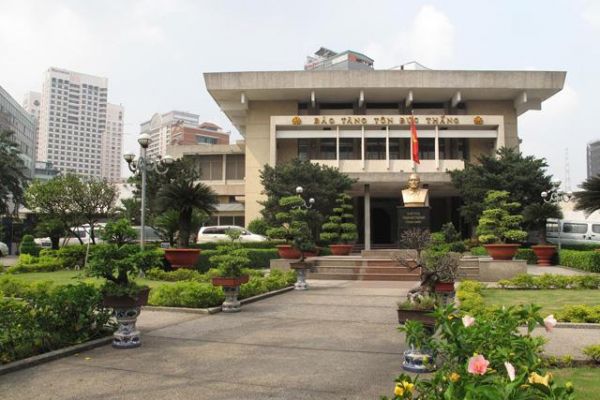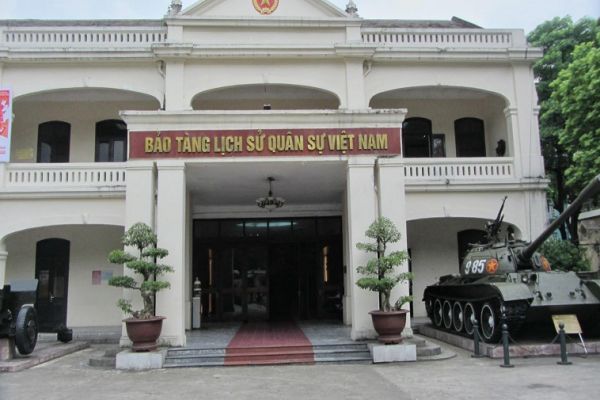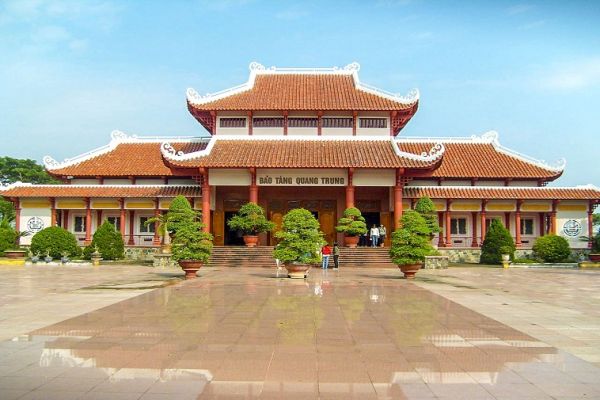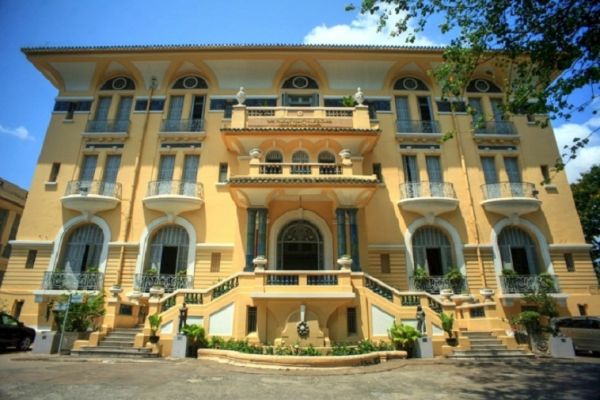The establishment of a Cham sculpture museum in Da Nang was first proposed in 1902 by the Department of Archaeology of EFEO. The museum is thought to have been one of the first 3 museums to be established in Vietnam. With support from the Hanoi-based l’Ecole Française d’Extrême Orient (EFEO), the city’s Museum of Cham Sculpture has become one of the world's most famous collections of Cham artifacts.
In recent years, the museum has also organised many interesting activities such as thematic exhibitions, scientific seminars, excavations to find valuable Cham artifacts, and book publishing. Most notable is an exhibition entitled “Our Common Heritage: Exploring the World Heritage Sites of Cambodia, Laos and Vietnam” which recently opened at the museum. Thanks to this event, the museum has been recognised by UNESCO as an interconnection between the World Heritage Sites of Cambodia, Laos and Vietnam.The museum is now home to a collection of 1,800 pieces of various-sized Cham sculpture. Of them, 500 artifacts are actually on display in the museum, whilst the remainder are being preserved in storehouses.
The majority of the sculptures date back to between the 7th and the 15th centuries and are made from sandstone in different art styles. They all showcase the cultural exchanges and development of Oriental countries during medieval times, and represent the pinnacle of the Champa civilisation.
In 2011, the museum was recognised as a first-class national museum by the Vietnamese Ministry of Culture, Sports and Tourism. Three historical artifacts on display at the museum have been recognised as national precious exhibits by the Vietnamese government. In addition, the local Museum of Cham Sculpture has been ranked among the most visited museums in Vietnam.
According to the latest statistics, the museum welcomes over 200,000 visitors every year. Over the first 6 months of this year there was a 7% year-on-year increase in the number of visitors to the museum. Despite the economic difficulties and the fierce competition between local tourist attractions, the increasing number of guests proves that the museum is emerging as a popular destination for both domestic and foreign visitors.
Compiled by Nguyen Hao

